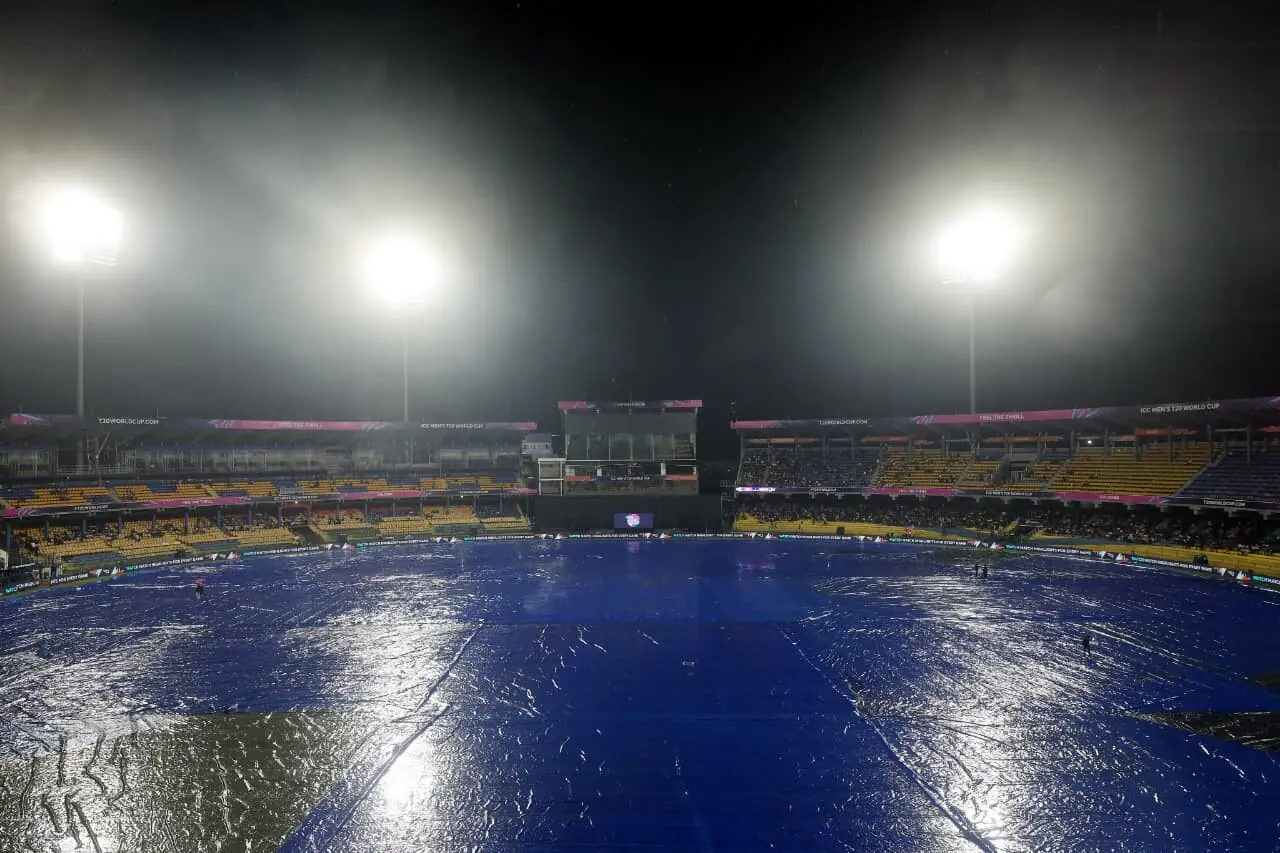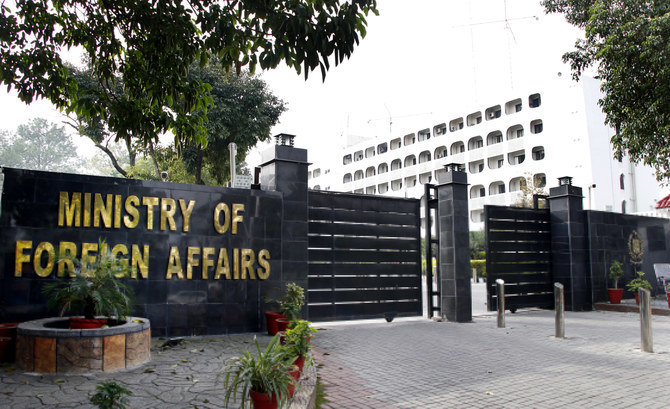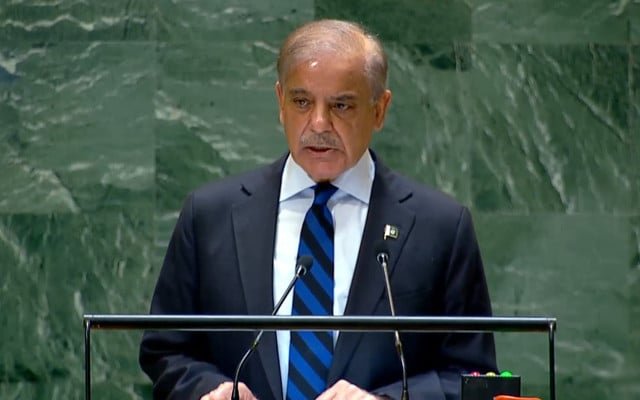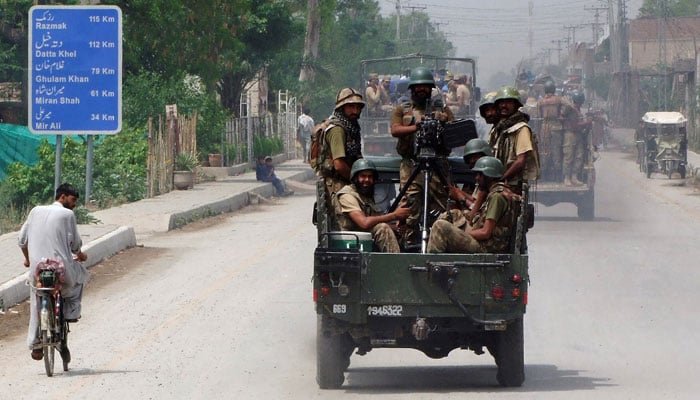Pakistan’s Defence Minister, Khawaja Asif, has sharply criticized Western nations for what he called blatant hypocrisy in their dealings with Indian Prime Minister Narendra Modi, as tensions between the two nuclear-armed neighbors continue to rise.
Speaking to Geo News on Wednesday, Asif pointed out the glaring contradictions in how the global community treats Modi. “Isn’t it strange that the same person who was once denied a visa, labeled a terrorist, and branded the ‘Butcher of Gujarat’ is now being warmly embraced by the world?” he remarked.
Asif argued that while Pakistan is frequently accused of harboring terrorism without solid evidence, Modi has been the subject of documented allegations regarding his role in the 2002 Gujarat riots. Yet, because of India’s massive market and its economic clout, Western powers overlook these serious accusations.
“Pakistan faces mere allegations, yet the West—especially countries like the US and Canada—have presented actual evidence against Modi proving his involvement in terrorist activities,” Asif said. “But due to their economic interests—since India has a market of 1.5 billion people and massive business opportunities—they turn a blind eye.”
He went further, comparing the socio-economic realities of both countries. “Even today, poverty levels in India are worse than ours. If you exclude their wealthiest 5%, India’s GDP per capita is actually lower than Pakistan’s,” Asif asserted.
His comments come at a time of heightened military tensions following a deadly attack in Indian Illegally Occupied Jammu and Kashmir (IIOJK) that killed 26 people. India was quick to blame Pakistan, an allegation Islamabad has firmly denied, calling instead for an impartial international investigation.
The situation escalated further on Wednesday when Pakistan’s military shot down five Indian Air Force jets—including three Rafale fighters—in a retaliatory move after India launched missile attacks on multiple Pakistani locations. According to the Director General of Inter-Services Public Relations (DG ISPR), Lt Gen Ahmed Sharif Chaudhry, these strikes tragically killed at least 31 Pakistanis and injured dozens more.
“In response, our armed forces have effectively downed five Indian jets: three Rafale, one MiG-21, and one SU-30,” Lt Gen Chaudhry reported.
India reportedly retaliated with drone strikes, resulting in at least one additional casualty on Wednesday. “Last night, India once again committed a blatant act of military aggression by deploying Herop drones across various Pakistani locations,” Lt Gen Chaudhry disclosed during a press conference on Thursday.
However, Pakistan’s military demonstrated swift and decisive action in neutralizing these threats. “Using a combination of soft-kill (electronic countermeasures) and hard-kill (direct strikes) capabilities, our armed forces successfully shot down 25 Israeli-made Harop drones launched by India,” the ISPR said in an official statement.
As tensions remain high, both countries appear locked in a dangerous tit-for-tat cycle that has stoked fears of further escalation. While Pakistan continues to urge the international community to take notice of the situation’s gravity, there has been little concrete action from global powers beyond standard calls for restraint.
Khawaja Asif’s remarks reflect deep frustration within Pakistan’s leadership over what is perceived as a double standard in international relations—where geopolitical and economic interests often overshadow issues of justice and human rights.
With both nations heavily armed and nuclear-capable, experts warn that the continued escalation poses significant risks, not just for South Asia but for global peace and stability.
















